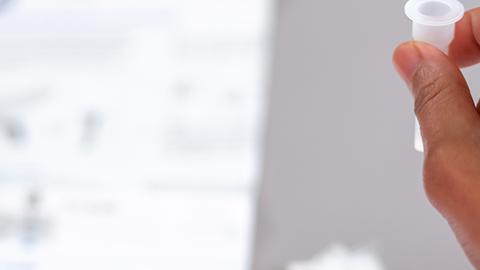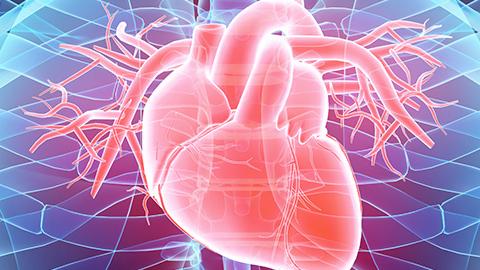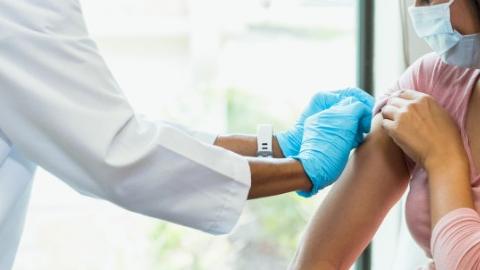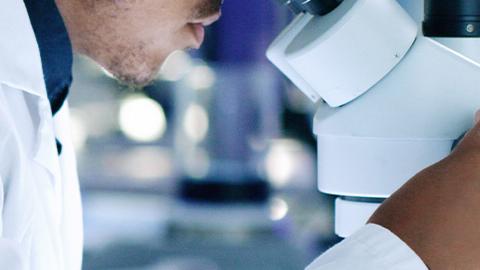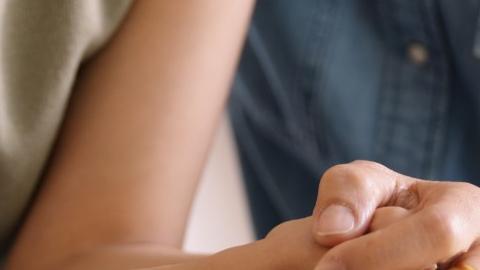COVID-19 Topics
For up-to-date information on topics related to COVID-19, visit these U.S. government resources.
- COVID-19 Treatments and Medications, Centers for Disease Control and Prevention (CDC)
- Know Your Treatment Options for COVID-19, U.S. Food and Drug Administration (FDA)
- COVID-19 Treatments and Therapeutics, U.S. Department of Health and Human Services (HHS)
- COVID-19 Treatment Information for Patients, Administration for Strategic Preparedness and Response (ASPR), HHS
- COVID-19 Therapeutics Prioritized for Testing in Clinical Trials, NIH
- Volunteer for COVID-19 Clinical Trials, National Institute of Allergy and Infectious Disease (NIAID)
- COVID-19 Therapeutics: Resources for Health Care Professionals and Public Health Officials, ASPR, HHS
- COVID-19 Treatments, NIH (archived)
- Researching COVID to Enhance Recovery (RECOVER) Initiative, NIH
- RECOVER Clinical Trials, NIH
- RECOVER Studies, NIH
- Long COVID or Post-COVID Conditions, CDC
- Long COVID, HHS
- Patient Tips: Healthcare Provider Appointments for Long COVID, CDC
- Long COVID Resources, National Heart, Lung, and Blood Institute (NHLBI)
- Office of Long COVID Research and Practice, Office of the Assistant Secretary for Health (OASH), HHS
- Guidance on “Long COVID” as a Disability, HHS
- Long COVID, NIH (archived)
- Stay Up to Date with COVID-19 Vaccines, CDC
- COVID-19 Vaccines, FDA
- COVID-19 Vaccines, HHS
- Benefits of Getting a COVID-19 Vaccine, CDC
- Frequently Asked Questions about COVID-19 Vaccination, CDC
- Coronavirus Vaccines and Prevention, NIAID
- Vaccines.gov, CDC
- Vaccine Adverse Event Reporting System, HHS
- COVID-19 Vaccines, NIH (archived)
- COVID-19 and Mental Health, National Institute of Mental Health (NIMH)
- Taking Care of Your Mental Health, CDC
- Science News About COVID-19, NIMH
- Caring for Your Mental Health, NIMH
- Messages About COVID-19, NIMH
- COVID-19 Stigma, NIMH
- COVID-19 and Mental Health, NIH (archived)
- Self-Testing, CDC
- Coronavirus (COVID-19) Testing, HHS
- At-Home OTC COVID-19 Diagnostic Tests, FDA
- COVID-19 @ NIBIB, National Institute of Biomedical Imaging and Bioengineering (NIBIB)
- Make My Test Count, NIBIB
- COVID-19 Testing, NIH (archived)
- Volunteer for COVID-19 Clinical Trials, NIAID
- ClinicalTrials.gov, National Library of Medicine (NLM)
- Researching COVID to Enhance Recovery (RECOVER) Clinical Trials, NIH
- RECOVER Studies, NIH
- NIH Clinical Research Trials and You, NIH
- Clinical Research: Benefits, Risks, and Safety, National Institute on Aging (NIA)
- COVID-19 Clinical Trials, NIH (archived)
Search NIH COVID-19 Articles and Resources
Scroll down the page to view all COVID-19 articles, stories, and resources from across NIH. You can also select a topic from the list to view resources on that topic.
195 resources found
 An official website of the United States government
An official website of the United States government

